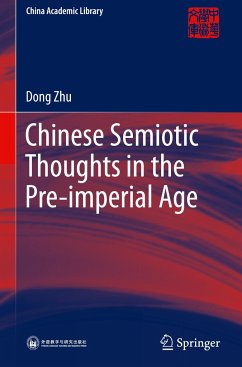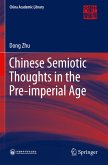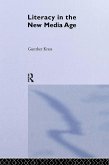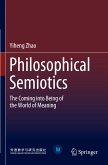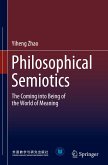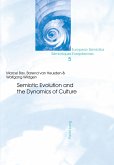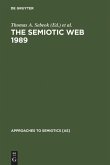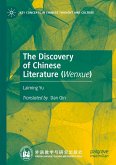This book examines practices on the relationship between sign and meaning in the Pre-Imperial period of China from the semiotics perspective. Although the Chinese civilization did not develop a comprehensive semiotics system in that period, they are highly semiotic in many ways. The thinking and application of signs of Chinese people can be found in many classics, such as The Book of Changes, The Analects of Confucius, Tao De Jing and Zhuangzi. This book begins its study by re-examining the semiotic thoughts contained in The Book of Changes and inquiries into the thoughts of the major philosophers of different schools. It provides insights into the findings of these philosophers concerning the relationship between sign and meaning. In particular, it concentrates on how the prosperity of the various contending semiotic thoughts complemented each other in forming a sign system. In addition, the book also emphasizes the wholeness and associativity of observing things and studying relevantsigns of Chinese people. As the first monograph in any language to systematically summarize Chinese semiotic thought in the Pre-Imperial period, this book helps promote understanding of the traditional Chinese culture and mindset.
Bitte wählen Sie Ihr Anliegen aus.
Rechnungen
Retourenschein anfordern
Bestellstatus
Storno

